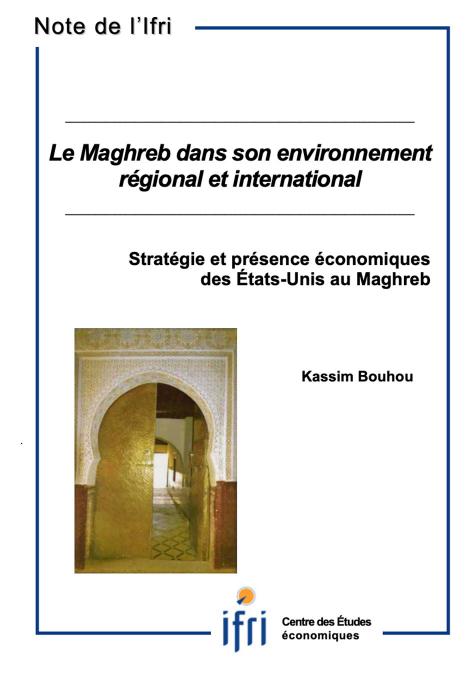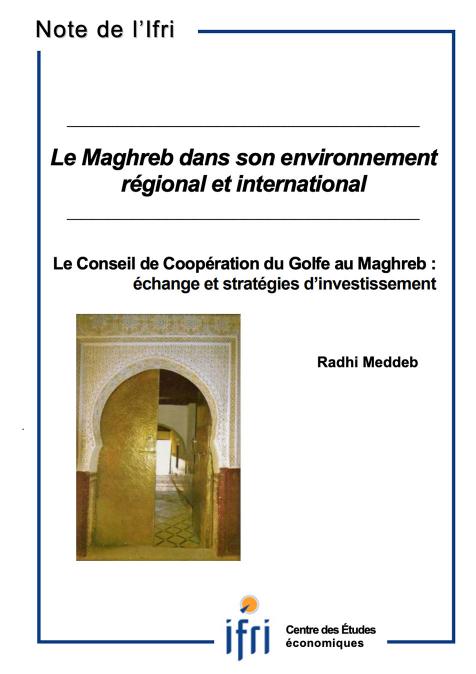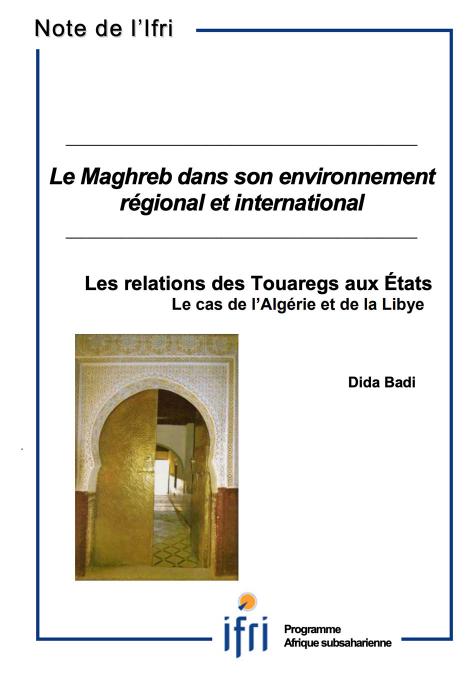Podcasts
Etats Unis, Arabie Saoudite, Iran : un délicat triangle ?
17
May
2017
Related topics:
Ce podcast est présenté par M. Francis Perrin. Si l’année 2016 a été marquée par un succès diplomatique de l’administration Obama avec la signature de l’accord sur le nucléaire avec l’Iran, M. Perrin s’interroge sur l’évolution des relations entre les Etats-Unis, l’Iran et l’Arabie Saoudite, au moment même où l’année 2017 s’ouvre sur de nouvelles incertitudes, notamment après l’élection de M. Donald Trump à la tête des Etats-Unis. Ainsi, il tente d’analyser les nouvelles dynamiques dans la région et les répercussions sur le marché énergétique.




